Note: This text was created with the help of AI.
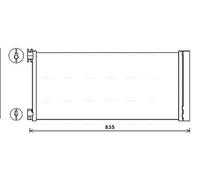
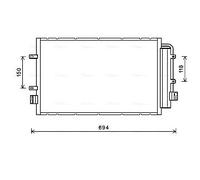
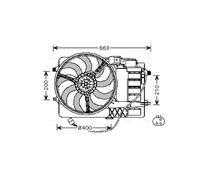
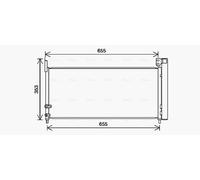
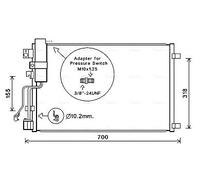
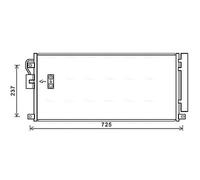
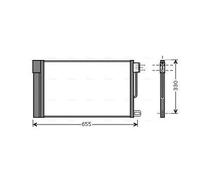
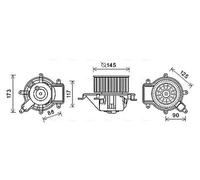
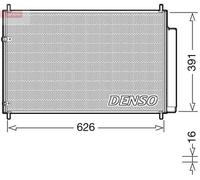
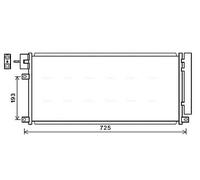
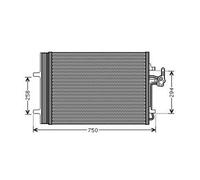
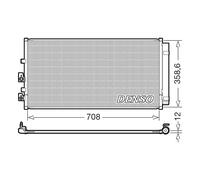
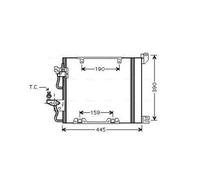
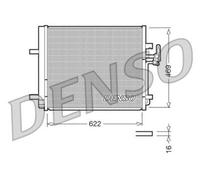
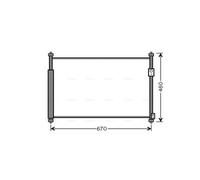
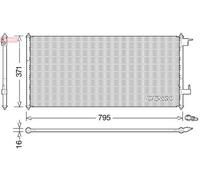
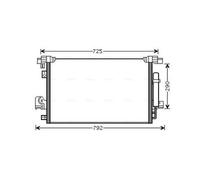
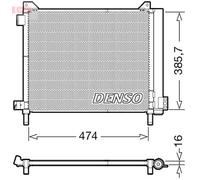
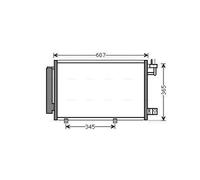
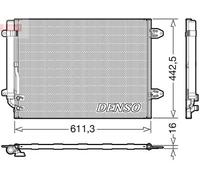
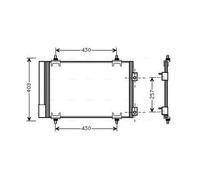
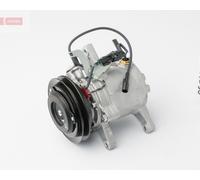
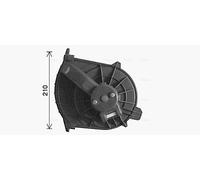
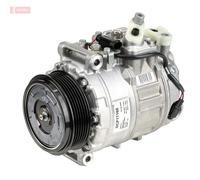
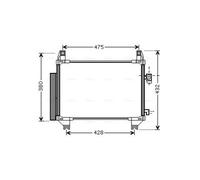
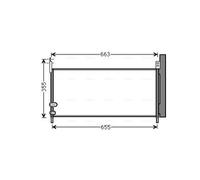
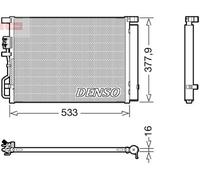
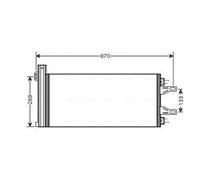
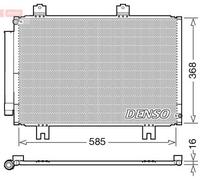
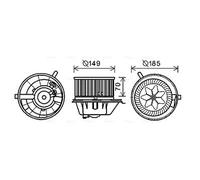
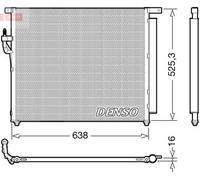
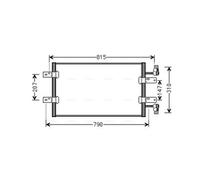
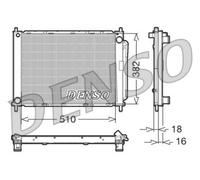
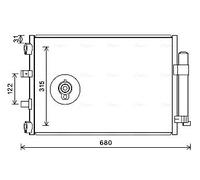
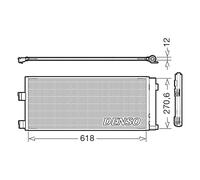
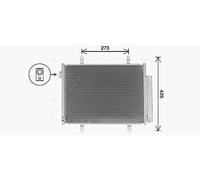
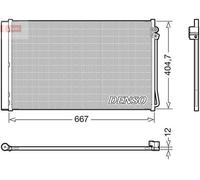
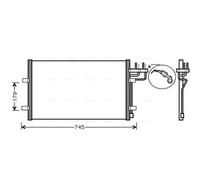
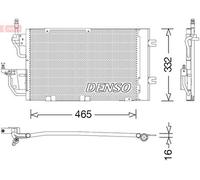
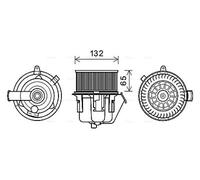
- 1
- 2
- 3
- 4
- 5
- next page
Air conditioners
Air conditioning is one of the most important components of a house; it makes you feel comfortable in all seasons. No one can ever underestimate its value. It helps you save money on electricity bills and keeps the environment inside your house fresh and healthy. Whether you want a portable air conditioner or the remote control type of conditioners, we have you covered.
However, buying a new air conditioner without any help from an expert, chances are it's going to be more expensive. Not to mention the numerous features you’ve to research. For example, you’ll need to ensure your AC functional features like a great fan, dehumidifier or even a humidifier. That's where we come in. So we’ve compiled this guide to help you save some money and get a cheaper AC unit for your home.
Types of cheap air conditioners available
Window air conditioners
Window air conditioners differ from central units in that they install in a window. There are two types of window air conditioners: vertical and horizontal. Vertical units are designed to fit into a window raised 48 inches or less above the ground, while horizontal units fit windows raised higher than that. The cost to run each type of unit is also different, with vertical models costing more to run than horizontal models.
Inverter Air Conditioner
An inverter-type air conditioner makes use of an inverter to control motor speed. The inverter is a power conversion device that converts direct current (DC) into alternating current (AC). It can reduce energy consumption by making the motor run efficiently at any speed.
Inverter-type air conditioners can save energy compared with conventional air conditioners because they are controlled through electronic means, not mechanical and thermal means. In addition, inverters are designed to operate a home or office air conditioning system at low rates of speed and in most cases without having to shut down the system to reach set heating goals. The result is that the system runs more efficiently, which reduces power costs while also reducing sound levels.
Portable air conditioners
Portable air conditioners are a type of small, personal air conditioning system that is self-contained and are perfect air coolers. They are designed to be moved from room to room as needed and can cool only a single room---not the entire house---at one time. Portable air conditioners are ideal for offices, dorm rooms, workshops, and other spaces that have limited cooling needs. You can also use it outdoors on patios and other areas that need cooled down in warm weather. In many cases, portable air conditioners do not require permanent installation and can be placed nearly anywhere there is an electrical outlet.
Split AC
A split air conditioner is an air conditioning unit with a heat exchanger mounted separately from the indoor unit. The indoor unit contains the blower, evaporator coil, and controls. The outdoor unit contains the condenser coil, compressor, and expansion device (heat pump). Splitting the outdoor unit condenser/compressor from the indoor evaporator/blower allows for greater flexibility in placing them for better comfort and energy efficiency. For example, you can use split systems in small rooms or large multi split systems installed in large buildings with central air conditioning.
Air Purifier Vs. Air Conditioner
With a split system, you don't have to install all your air conditioners at once. Instead, you can start with one and add more as needed. You can even choose which areas of your home or office to cool first, thus saving money on cooling costs. When we talk about purifiers and air cons, they are both similar but very different in some aspects. For example, the air conditioner is used when the weather is hot, while you can use an air purifier in any circumstances. A purifier is a device that helps you to eliminate all kinds of harmful components in the air, including allergens and germs.
A purifier system generally includes a filter responsible for eliminating airborne pollutants. On the other hand, an air conditioner does the same job of removing the pollutants from the outside air. But it does this through a cooling technique by passing the air through a refrigeration system. When you look at the cost of these two devices, it's easy to say that an air conditioner is much more expensive than a purifier.
What features do I need?
When it comes to air conditioners, there are many factors to consider. By learning about the most important ones, you'll make a more informed choice when purchasing one. Here's an overview of what to look for when shopping for an air cooler.
Size
Air conditioner sizes are based on the tonnage of the machine, which measures cooling capacity in British Thermal Units (Btus). Smaller units have 5 tons or fewer capacities, while larger units can have 20 tons. Suppose you have a large space to cool, look for a machine with plenty of tonnages while considering room's square feet.
Energy Efficiency Ratings
Most air conditioning machines come with rating labels that display their energy efficiency levels. Look for Gold or Platinum labels, which indicate very high energy efficiency ratings. Machines without these labels use significantly more power than those with these labels. So if you're looking to save money on energy bills, choose an air conditioner with one of these high ratings.
Minimum temperature
The minimum temperature is another important feature to look at when choosing your AC unit. It also gives you an idea of how well your AC unit will function in different conditions. The lower the minimum temperature, the more effective your AC will work. That means that you can also use it during colder weather.
Colour
You may want to match your AC's colour with other appliances in your home or office if the interior decoration is important. However, most AC units come in different colours, so you should choose one that matches the other appliances.
Adjustable thermostat
You should find a cheap air conditioner with an adjustable thermostat for optimal functionality. As a result, you’ll control the temperature, which will help saveenergy and money on cooling.
Air Conditioner Timer
An air conditioner that can go on sleep mode saves electricity. It also ensures that your home is comfortable when you return from work or school by setting the temperature to cool down at a certain time in advance. The feature is especially helpful if you have pets or people with health problems. They will require additional cooling time in the evening or early morning hours.
Air Filter
An air conditioner with an air filter helps keep pollutants out of your home and makes for cleaner air overall. Central air units should have filters just like window models do. These should be checked regularly and changed as needed. Some models use reusable filters, which are more cost-effective than disposable ones but still important for removing dust and other materials from the air in your home.
Air conditioner safety tips
Air conditioners can be a real lifesaver in the summer months, but they pose potential problems. Here are some ways to avoid trouble:
Keep it well maintained.
A clean filter prevents dust, pollen, and other particles from circulating inside your cheap air conditioner. Additionally, regularly check the condenser unit outside your home to see if it needs repair. Alternatively, you can install a filter inside your air cooler that removes airborne particles. Also, make sure that you use the right AC filter and replace them regularly to minimize malfunction or fire. Regularly check your fan speed.
Tighten up the house.
Ensure your windows are sealed tightly and check for any moisture problems, such as leaks in the roof or plumbing. Try not to leave doors open as much as possible. If too much air is circulating through the house, this will prevent your AC unit from decreasing the temperature effectively. Also keep on checking the heat pump of your conditioner.
Keep pets out of the way.
Pets can be particularly sensitive to extreme cold, so make sure that they don't come near your air conditioning unit when it's running. For example, consider installing pet doors in each room if you have a cat. That way, it doesn't have access to areas where an AC unit is located.
Note: This text was created with the help of AI.